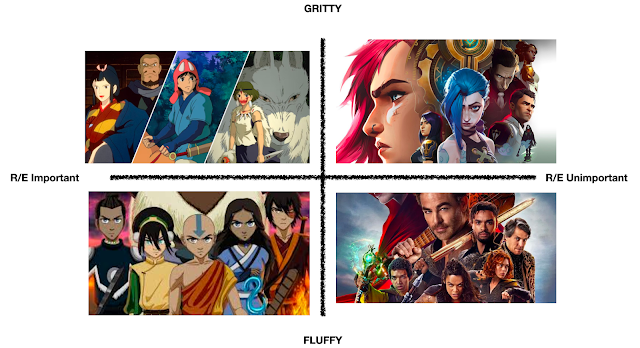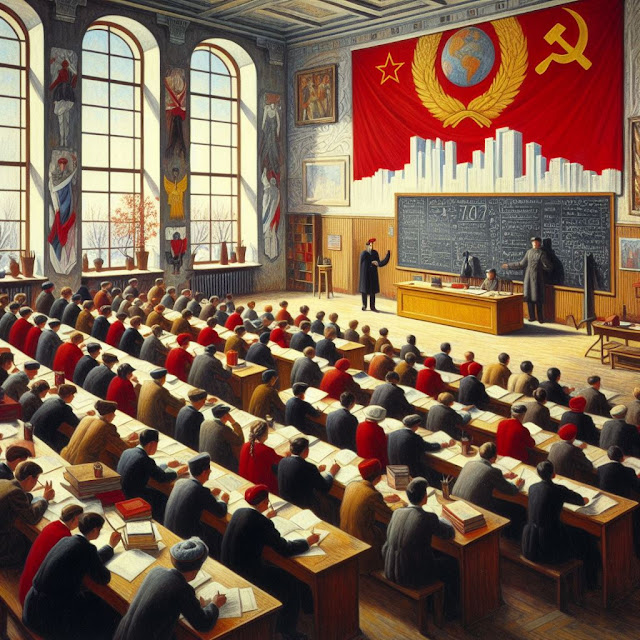The Flavour of Truth

This is literally happening right now at universities across the world. Exactly this. There has been another round of discussion online about evil humanities professors disordering our political life by spreading pernicious relativism about truth and objectivity. I remain convinced that this is a distraction, that in fact none of our disputes in political and social life are actually about the nature of truth. Apparently I have not persuaded people! So today I try a different approach. I will try to persuade you that all the sorts of things people do to actually create trouble for claims of objective truth are, in the main, unobjectionable, or even where controversial not really the sort of thing that divides us politically. When philosophers discuss truth we have a stock example of a true sentence -- "snow is white". This is because of the role the claim played in a classic, really genre defining, paper by the polish logician Alfred Tarski . In the serene peace of academic




